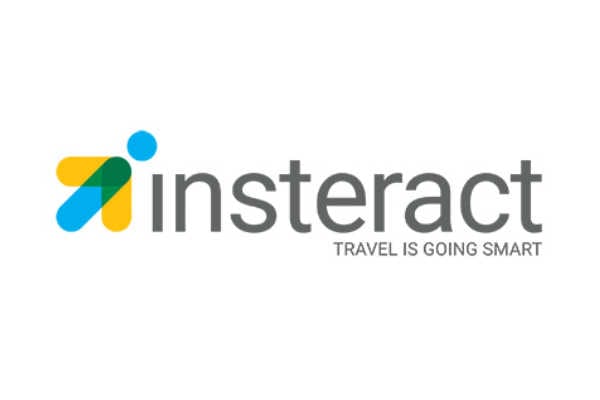Advance data analytics can help companies see hidden opportunities in travel spend
Business travel bookings in India is undergoing transformational changes. Balaji Ramakrishnan, founder and CEO, Insteract Technologies, highlights the benefits of his cloud-based travel platform using advanced data analytics.
How is corporate travel spending changing in India with the implementation of cutting-edge technology?

Technology adoption varies between companies. It depends on the type of travel policy they use to manage their cost. Use of technology in India to manage business travel is still low compared to other markets. Most business still insist on some form of human intervention to buy travel. While some companies have a central desk that uses booking tools, many still use email as their preferred way of managing travel. Regardless of how the process is managed, companies use new tools to keep their cost down and have a better control over the options they book. Companies use the internet to benchmark their options before they make a decision to approve the trip. Also, some companies use benchmarking tools to derive the cost of the trip to achieve more savings and forecasting. Another area, where companies use technology is to simplify and automate the expense process. Expense tools help companies reduce their cost of managing travel and increase transparency. Communication with traveller has improved using tools like chatbot and messenger services. This has allowed companies to manage safety concerns and offer support to travellers while they’re on travel.
What services and products do you offer in corporate travel space?
Insteract offers a cloud-based travel platform making the process of business trip planning transparent and convenient. The tool helps the traveller and company book the cheapest personalised option as quickly as possible. It eliminates the time and effort in four ways. First, it provides a real-time cost range. It does this using data analytics on the fares it tracks and a real-time benchmarking of market fares. It also tells the traveller what is the lowest logical option available in the market. Second, Insteract shows only seven logical options that is curated based on savings, compliance level and comfort. Using our unique algorithm and data insights Insteract process each option through dozens of parameters that maps the behaviour of traveller with company policy. Third, since the traveller selections are captured and benchmarked, approvals can be automated. If the company is using a travel desk a trip request (TR) is created and sent for fulfilment. Since the TMC has all the information in the TR Insteract eliminates the time spent in iterations and data exchange. Lastly, using market data Insteract offers a real-time benchmarking of a company travel spend.
What are the cost advantages to your clients?
Businesses can expect to save as much as 20 per cent in cost of sourcing and 40 per cent in the cost of managing their travel. In addition, the time and cost of adopting the platform is significantly lower compared to other alternatives in the market.
What are the benefits of advanced data analytics?
Using advance data analytics can help companies see the hidden opportunities in their travel spend. It can help them identify points of friction between a traveller and travel policy. These insights provide valuable feedback in creating a flexible and adaptive travel policy.
How is AI making a difference in this segment?
We are still in the early days but new opportunities around AI are being developed. Areas like travel search, profiling, personalisation and modelling travel policy use AI to replace existing algorithms. We believe that AI, and in particular machine learning, will play a big part in exploiting patterns from traveller behaviours to optimise the travel management process. This will reduce the friction in compliance and eliminate the redundant processes in buying travel. Since most trips are point-2-point AI improvements in voice and chat-bots will eventually virtualise the travel desk function this kind of trips.
Future plans for your company, in terms of product portfolio/ services/ geographical expansion?
Our goal is to improve and expand the search and planning experience for different types of travel products and across different types of devices. Currently we are working on features to serve large enterprises and build API support for different application partners. In terms of market, our focus, for now is India.
Is there any other significant factor you would like to highlight regarding corporate travel in India?
The problem in Indian corporate travel today is travel policies are not updated or benchmarked often to capture the supplier changes and the behaviour of the travellers i.e. welfare of travellers. Regardless of the size and maturity of travel policy, all companies value transparency and automation that is affordable. They want transparency in their sourcing and approval. They want control and convenience in how the expenses are monitored. The trend is to look for cloud-based solutions which are cheaper and easier to implement. The goal is to bring everyone on board within the company and not just a few because of high implementation cost.

